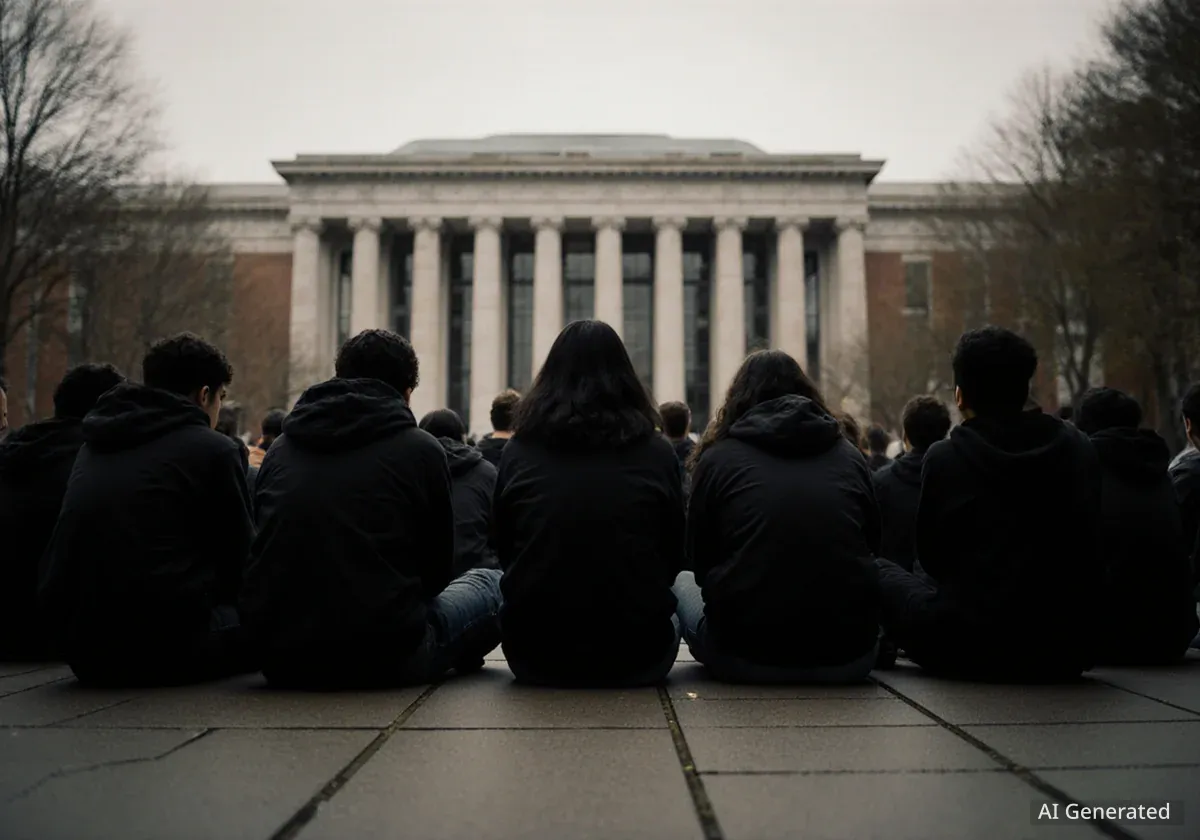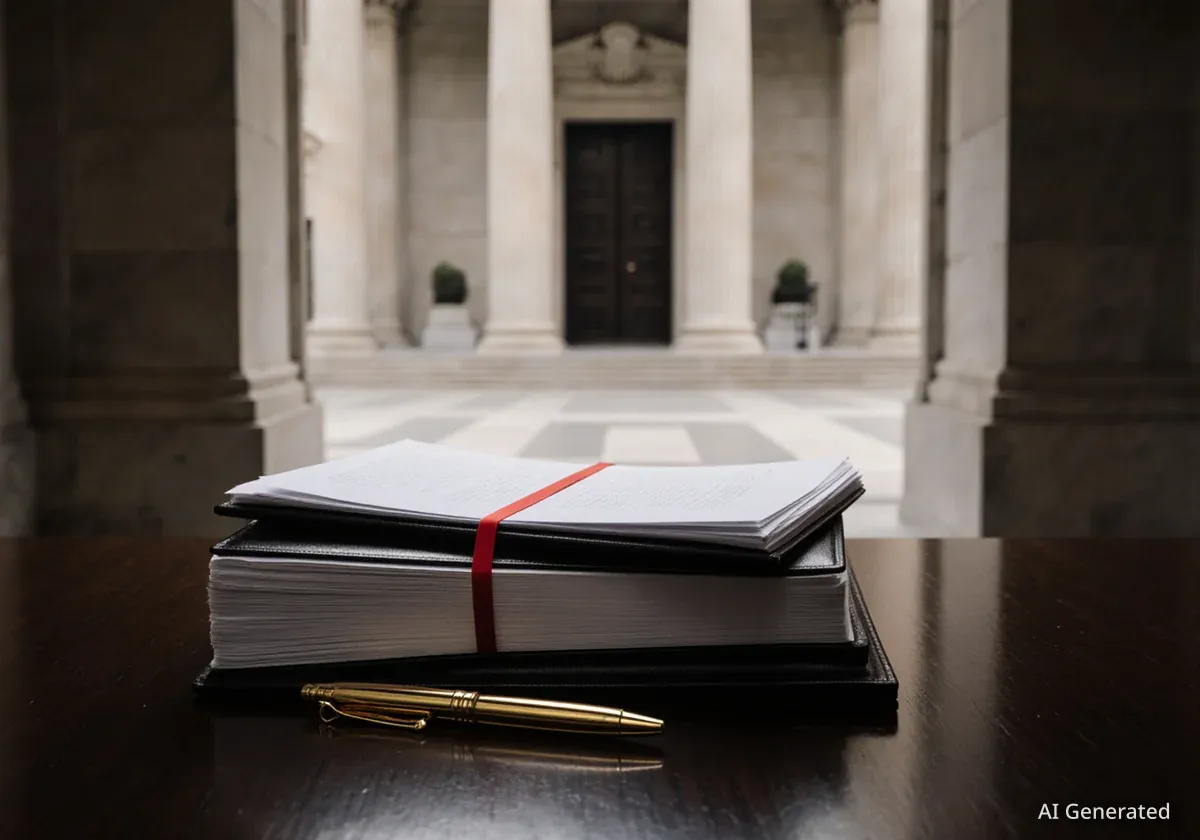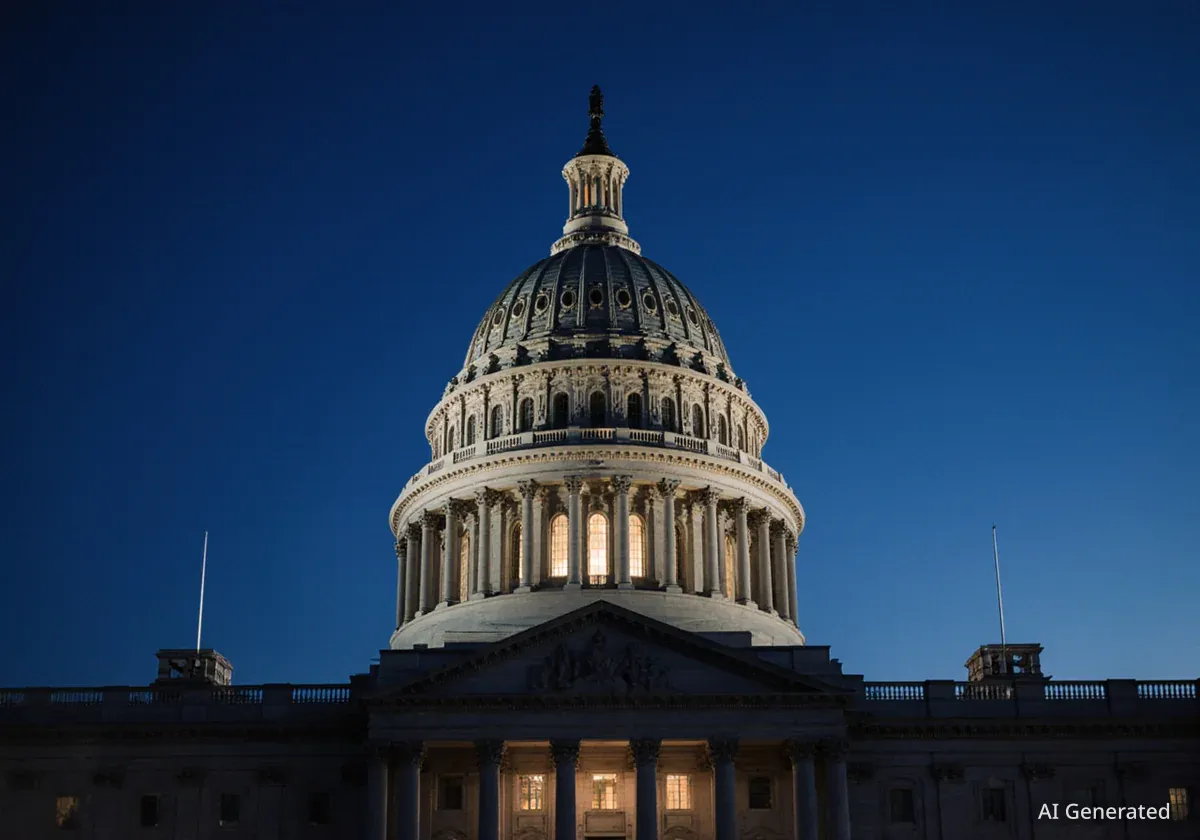A network of conservative parent organizations in Maine is actively training and supporting school board candidates to implement policies restricting the rights of transgender students. This coordinated effort has already led to policy changes in at least eight school districts this year, turning local education boards into a new front in a statewide debate.
The push comes from groups like Parents’ Rights in Education (PRIE) Maine and the Maine Education Initiative (MEI). These organizations provide resources, candidate training, and model legislation aimed at influencing school policies on issues such as bathroom access and participation in sports for transgender youth.
Key Takeaways
- Conservative groups PRIE Maine and MEI are leading a campaign to change transgender student policies in Maine schools.
- At least eight school districts have altered their policies this year following involvement from activists linked to these groups.
- The groups train and advise school board candidates, providing them with campaign support and sample policy language.
- This local, district-by-district strategy is running parallel to efforts for a statewide referendum on the issue in 2026.
- The campaign is creating conflict with existing state law, as Maine's Human Rights Act protects students from discrimination based on gender identity.
A Coordinated Statewide Strategy
The movement is being driven by a two-pronged approach. At the grassroots level, organizations are mobilizing parents and grandparents, urging them to attend school board meetings and run for office. This local activism is supported by a broader political structure providing guidance and resources.
Parents’ Rights in Education (PRIE) Maine, the state chapter of a national nonprofit, focuses on training individuals to advocate for their views and win elections. Allen Sarvinas, the director of PRIE Maine, confirmed that the group helps candidates strategize their campaigns. The organization also rates candidates on a 100-point scale based on their positions on transgender rights, book bans, and other cultural issues.
Working in tandem is the Maine Education Initiative (MEI), a project associated with the conservative Maine Policy Institute and led by former Republican Representative Heidi Sampson. While PRIE trains the candidates, MEI provides the policy framework. Several school districts that have recently changed their rules have adopted language that mirrors sample policies created by MEI.
By the Numbers
- 8: Minimum number of Maine school districts that have changed transgender student policies this year.
- 100: The score given by PRIE to several school board candidates, including Kelly Smith in Augusta, indicating full alignment with the group's platform.
- 2026: The target year for a proposed statewide referendum to restrict protections for transgender students.
From Training Sessions to Election Ballots
The impact of this strategy is visible across the state, from rural communities to the state capital. In Augusta, the upcoming school board election features Kelly Smith, a candidate who has been in contact with PRIE and holds a perfect score on its policy quiz. She is challenging incumbent Rita Pello for an at-large seat.
Smith has stated that the issue is a priority because community members are worried about protecting spaces and sports for girls. The current Augusta school board voted 6-2 in October to wait for court rulings before revisiting its transgender student policies, a stance Smith hopes to change if elected.
Training sessions are a key component of the groups' outreach. At one event held in a South Paris church, Heidi Sampson advised attendees on tactics. “You have to be super focused because the other side’s going to be like [these] screeching hyenas at you,” she told the group, encouraging them to remain “calm, cool, and collected.”
“We’re on a full court press here, trying to apply the pressure,” Sampson said at the August event. “We are in a really critical time right now… We need to continue to push this forward.”
Navigating a Complex Legal Landscape
This push for new school policies directly challenges existing state law. The Maine Human Rights Act explicitly prohibits discrimination against students based on their gender identity. Legal firms that advise many of the state's school districts, such as Drummond Woodsum, have recommended against changing policies to avoid legal challenges.
Maine's Human Rights Act
Under current state law, schools are required to provide an environment free from discrimination. This includes allowing students to use facilities and participate in programs consistent with their gender identity. The activist groups are encouraging school boards to adopt policies that legal experts say would violate this act.
However, leaders of the parents' rights movement have been dismissive of this legal advice, suggesting it is politically biased. They have encouraged school boards to seek second opinions or to disregard their lawyers' counsel entirely. Allen Sarvinas of PRIE has claimed credit for helping to “flip” the school boards in RSU 73 and RSU 24, both of which passed resolutions against the advice of legal counsel.
The situation was further complicated this summer when the state’s Human Rights Commission indicated it did not have immediate plans to take action against school boards that change their policies. Sampson referred to this as a “green light” for their movement to accelerate its efforts.
The Broader Campaign and Future Outlook
While the focus remains on local school boards, the long-term goal is a statewide policy change. Sampson is advising a group called Maine Girl Dads, which is working to place a referendum on the 2026 ballot that would seek to strip protections for transgender students.
This dual strategy—applying pressure at the local level while simultaneously building momentum for a statewide vote—ensures the issue will remain a central point of contention in Maine politics and education for the foreseeable future. For now, the battle is being fought one school district at a time, with local elections serving as the primary arena for a debate with statewide implications.





